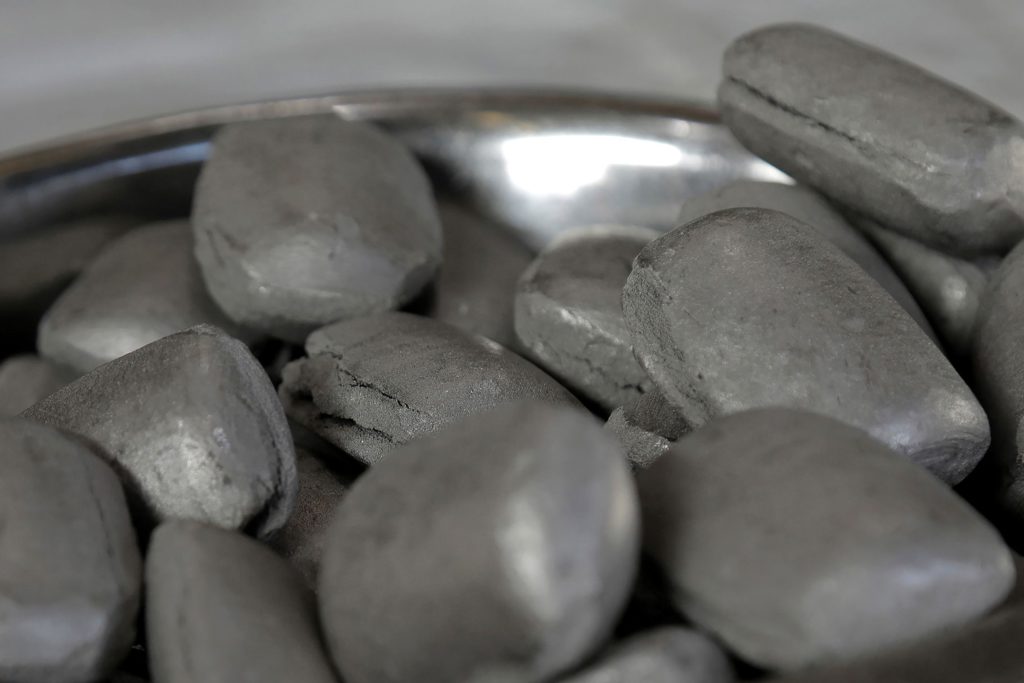BHP Group-backed Lifezone Metals Ltd. is taking over a blank check company to gain a New York listing as it develops metal-processing technology that cuts carbon emissions.
(Bloomberg) — BHP Group-backed Lifezone Metals Ltd.
is taking over a blank check company to gain a New York listing as it develops metal-processing technology that cuts carbon emissions.
Lifezone earlier this year combined with Kabanga Nickel Ltd.
to develop a nickel deposit in Tanzania, as it seeks to tap demand from battery makers supplying the electric vehicle industry. Nickel is a key component of lithium-ion batteries. The takeover of GoGreen Investments Corp.
— giving Lifezone seven of nine board seats — will be accompanied by a capital raise of over $70 million.
Lifezone wants to use hydrometallurgical processing technology — which it says can cut emissions by almost three-quarters — to exploit the $43 billion Kabanga nickel deposit in Tanzania.
A $100 million plant using the technology is already being built at a Sedibelo Resources Ltd.-owned project in South Africa, where it will be used to process platinum-group metals.
“The smelting component of the mineral value chain is the largest emitter of carbon dioxide and we provide a solution to that,” Chief Executive Officer Chris Showalter said in an interview.
Lifezone is seeking to take advantage of a shift by EV makers and battery manufacturers to boost their appeal to customers by reducing the climate impact of the metals they use.
It plans to license the technology, which also eliminates sulfur dioxide emissions, to other mining companies as they build or replace processing plants.
“We believe in rolling out the hydrometallurgical technology, we can gradually replace smelters over time,” Lifezone Executive Chairman Keith Liddell said.
“As smelters come up for major refurbishments and repair, there will be opportunities to replace.”
The technology, along with Kabanga, has attracted the attention of Melbourne-based BHP, with the company investing an initial $50 million in the nickel deposit and Lifezone in January.
The hydrometallurgical process patented by Lifezone uses a water-based process that involves heating the metal concentrate produced from mining to less than 200 degrees Celsius compared with more than 1,200 degrees celsius in traditional smelting.
Metals are extracted from the concentrate using pressure oxidation, a process that doesn’t lead to emissions.
That avoids the releases of climate-warming carbon dioxide produced when smelters use a chemical-reducing agent — usually a carbon-containing fuel such as coking coal — to remove everything from the ore aside from the metal.
Sulfur dioxide, which causes respiratory diseases and other ailments, may also be released from sulfide ores, where the metal is bonded to sulfur.
The plant at Sedibelo’s Pilanesberg project is expected to be completed in 2025, Liddell said.
That will be followed by Kabanga, which is expected to produce 40,000 tons of nickel a year, 6,000 tons of copper and 3,000 tons of cobalt.
Sedibelo is in the process of listing on the New York Stock Exchange.
More stories like this are available on bloomberg.com
©2022 Bloomberg L.P.










